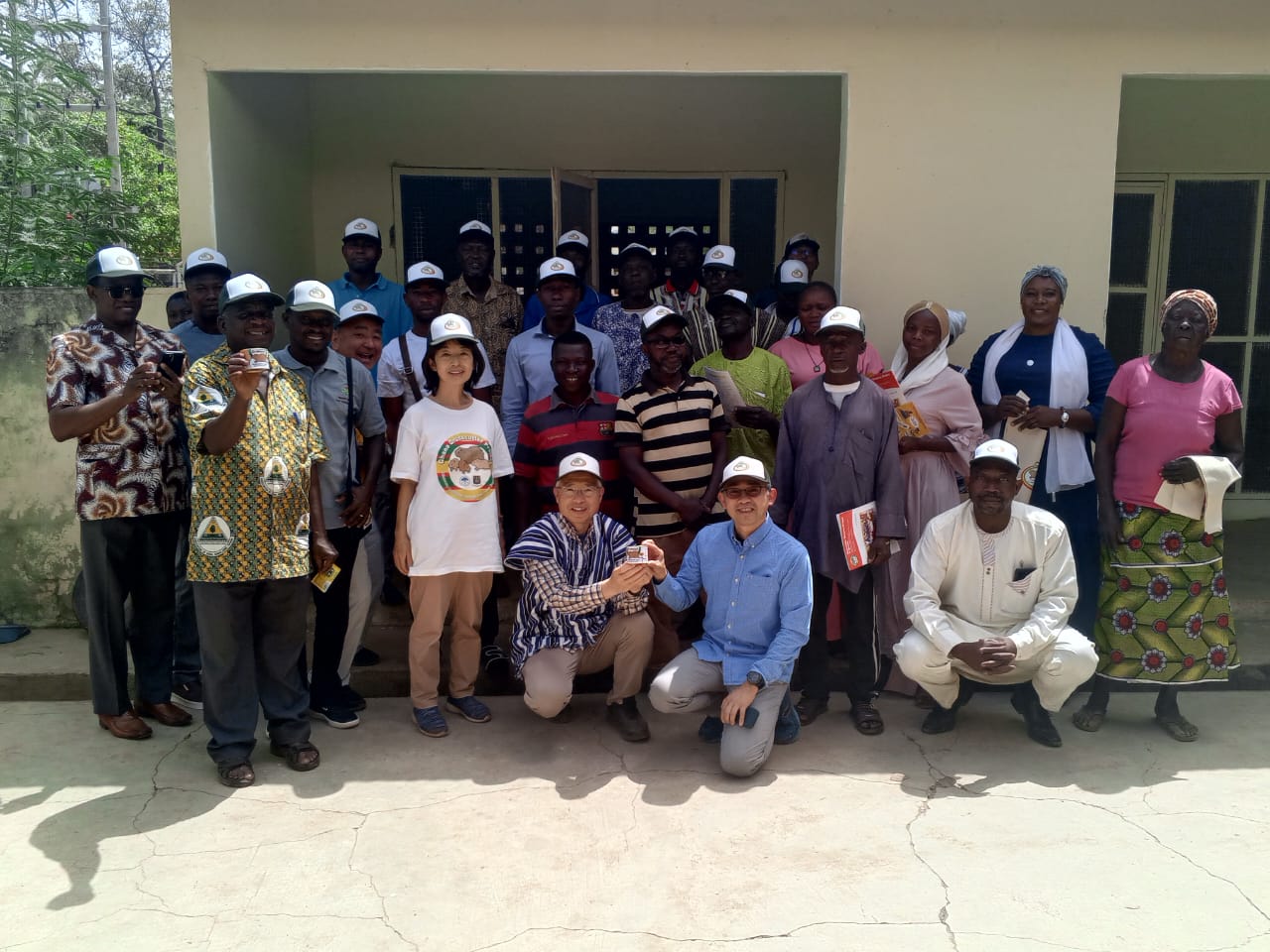
The call by Professor Samuel Adjei-Nsiah to scale up investment in soybean production in Ghana’s Northern Region is timely and must be treated with the urgency it deserves by policymakers.
At a time when the country is grappling with economic challenges, high unemployment, and food insecurity, investing in soybeans, a high-value, climate-resilient crop, could offer a transformative solution.
Prof. Adjei-Nsiah, a former Head of the Forest and Horticultural Crops Research Centre at Kade, highlighted during his inaugural lecture at the University of Ghana that soybeans possess immense potential to drive economic growth, improve livelihoods, and enhance national food security.
For a region like the North, where poverty and underemployment persist, soybean farming offers not just a means of income, but also a pathway to sustainable development.
The reality, however, is troubling as Ghana continues to export significant quantities of its organic, non-GMO soybeans to the tune of over 47,000 metric tonnes officially in 2023, with unofficial figures estimated to be double.
Ironically, a substantial portion of this goes to countries like the United States, which already produce genetically modified soybeans in vast quantities. What makes Ghana’s produce unique is the fact that it is organic. Sadly, the country has refused to leverage on this comparative advantage to make it benefit our farmers.
Instead of exporting this valuable commodity cheaply, Ghana should prioritise its domestic use. Soybeans can be a vital input for producing poultry and animal feed, reducing the country’s reliance on expensive imports and strengthening local industries.
With increasing global demand for organic food, Ghana is sitting on an untapped goldmine however, the low productivity of soybean farms in the Northern Region due to poor soils, limited access to mechanisation, and low adoption of improved seed varieties must be addressed.
We believe Prof. Adjei-Nsiah and his team have made commendable progress over the last decade by training farmers, introducing drought-resistant varieties, and using ICT tools to support smallholders with real-time agronomic information. These efforts deserve national support and scaling.
The Ministry of Food and Agriculture, together with private sector partners, must step in to expand access to improved seeds, mechanisation, and storage facilities.
At the same time, border controls should be strengthened to curb unofficial exports that deprive the country of valuable revenue.
The Ghanaian Times believes that a national strategy on soybean production, that is one that values the crop as a strategic economic asset, is urgently needed.
Ghana cannot continue to export potential and import dependency, and the time to act is now.
Let us give soybeans the attention and investment they deserve — for our farmers, our economy, and our future.
The post Let us give soybeans farming the attention appeared first on Ghanaian Times.
Read Full Story






Facebook
Twitter
Pinterest
Instagram
Google+
YouTube
LinkedIn
RSS